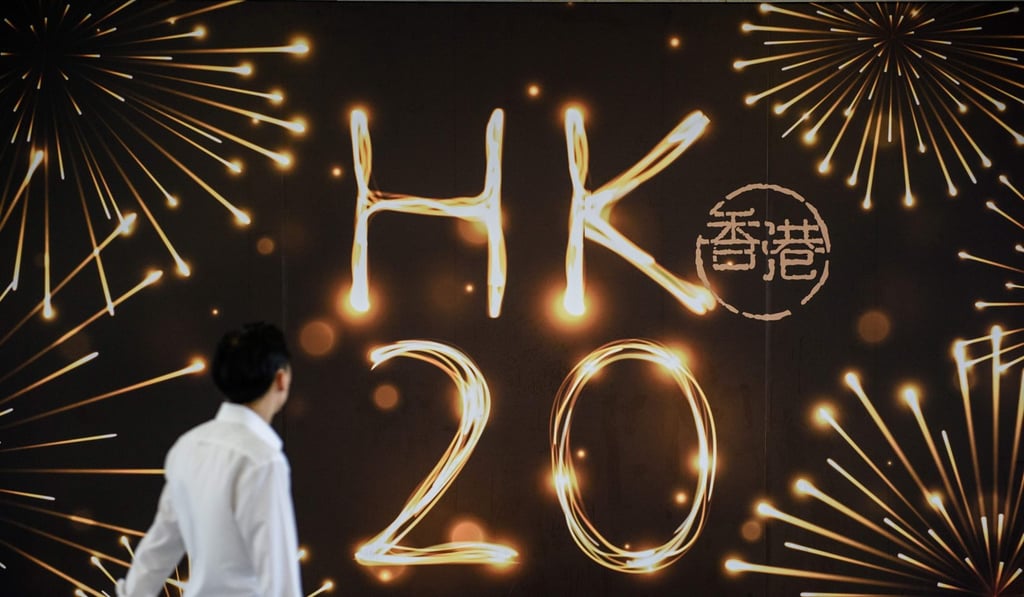Twenty years on, is Deng Xiaoping’s ‘one country, two systems’ blueprint for Hong Kong working?
The governing formula under which Hong Kong returned to China two decades ago has largely served the city well, but there are increasing strains on the system as localism gathers pace and Beijing begins to assert its authority

Two decades into reunification with China, Hong Kong’s “one country, two systems” is an everyday reality rather than a political experiment. However, whether the historic venture has proved a success is still open to debate, and the conclusion seems to have shifted from a once resounding yes to an increasingly ambivalent verdict.
The policy has undoubtedly served the city well, as reflected by various international assessments of the post-handover situation over the years but, as we move along, there is more uncertainty.
If the first decade was marked by a change in Beijing’s hands-off policy regarding city affairs, the past decade saw an even more assertive approach. There was even talk of scrapping the “two systems” if “one country” was jeopardised, presumably stemming from calls in some quarters for the city to break away from China.
The threat to roll back on a solemn promise enshrined in the Sino-British Joint Declaration and the Basic Law, the city’s mini-constitution, was simply unthinkable in the early days.

The formula remains unchanged today, but the emphasis has shifted over the years, so much so that the meaning is also changing.